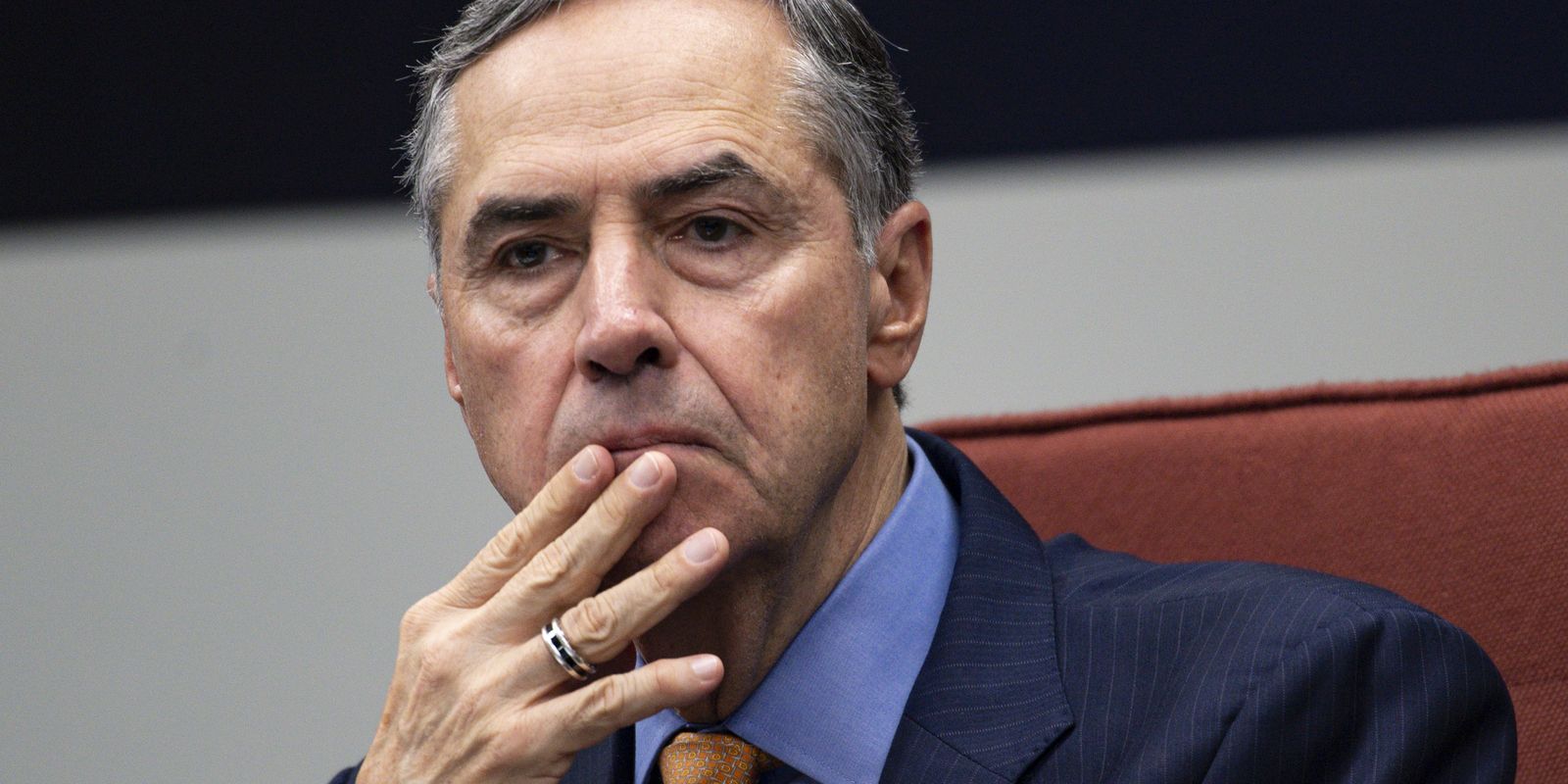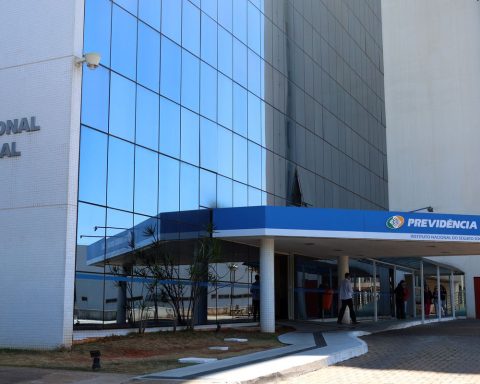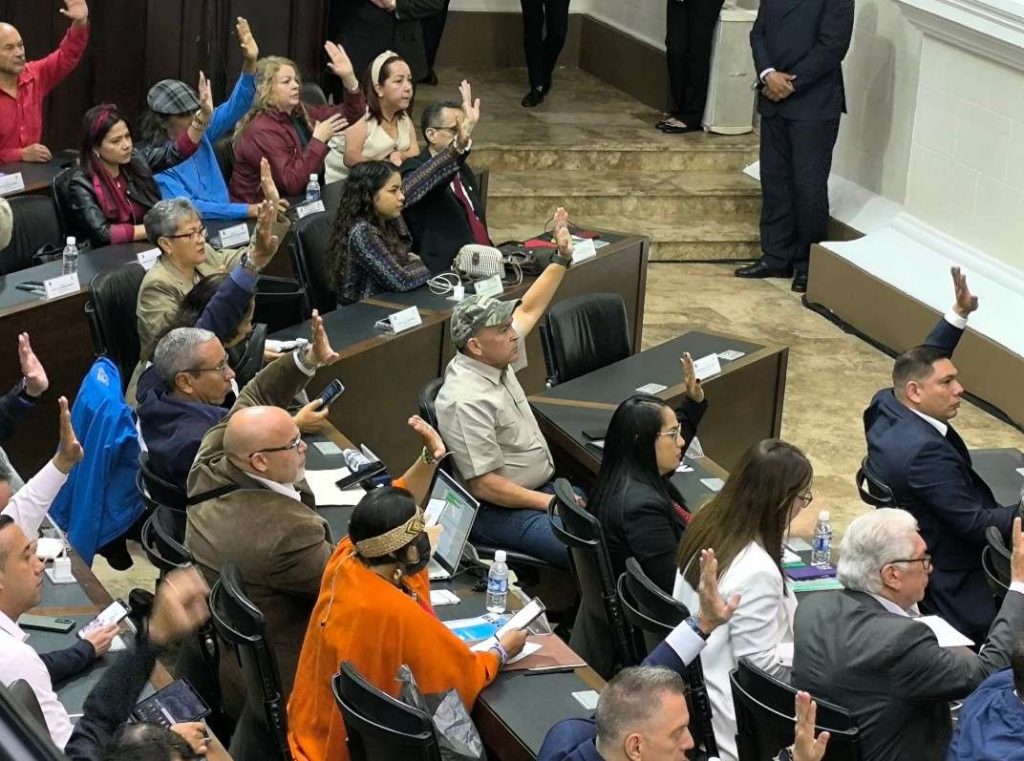The president of the Federal Supreme Court (STF), Luís Roberto Barroso, defended this Thursday (10) the Court’s actions and said that institutions that are in operation and fulfill their role well should not be tampered with.
The statements were made at the beginning of the session, in the afternoon. When honoring the 36th anniversary of the promulgation of the 1988 Constitution, Barroso said that the Court fulfilled its role and “served the country well” by ensuring majority rule, the rule of law and fundamental rights.
“We decide the most divisive issues in Brazilian society. In a plural world, there are no unanimities. However, it does not change institutions that are functioning and fulfilling their mission well due to the injunctions of circumstantial political interests and electoral cycles”, he stated.
The minister also stated that the Court remains firm in defending democracy and pluralism. Barroso mentioned that during the 36 years the Constitution was in force, the country went through two impeachments, corruption scandals and attacks on institutions, such as the coup acts of January 8th.
“We reconstructed the plenarywith the firm leadership of Minister Rosa Weber, and, despite everything, institutionality was maintained and democracy remained unshaken”, he added.
PEC
Barroso’s speech took place one day after the Constitution, Justice and Citizenship Committee (CCJ) of the Chamber of Deputies approve the admissibility of the Proposed Amendment to the Constitution (PEC) nº 8/2021which limits monocratic decisions from the Supreme Court and other higher courts.
The PEC prohibits monocratic decisions that suspend the effectiveness of a law or normative act with general effect, or that suspend acts of the presidents of the Republic, the Senate and the Chamber of Deputies. Monocratic decisions with the power to suspend the processing of legislative proposals that affect public policies or create expenses for any Power are also vetoed.
To come into force, the matter will still go through a special committee and must be approved by the plenary of the Chamber.

















